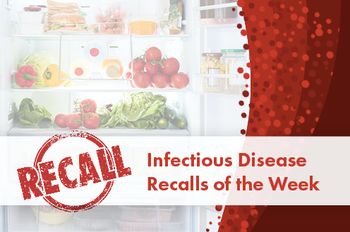
We’ve rounded up a list of important US Food and Drug Administration (FDA) and US Department of Agriculture (USDA) recalls from this past week.

We’ve rounded up a list of important US Food and Drug Administration (FDA) and US Department of Agriculture (USDA) recalls from this past week.
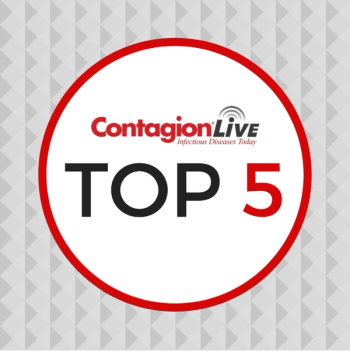
Stay up-to-date on the latest infectious disease news by checking out our top 5 articles of the week.

Hospital-acquired conditions fell 13% between 2014 and 2017, according to a new report from the Agency for Healthcare Research and Quality.

The FDA has finalized its guidance on how to synchronize development of antimicrobials and antimicrobial susceptibility test devices.

ART is associated with increased waist size in some people with HIV, and a new study aims to shed light on the factors involved.
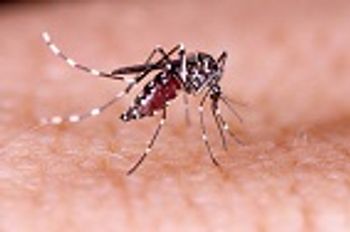
As several Zika virus vaccine candidates undergo clinical trials, a group of investigators is taking an alternate approach to quell transmission by genetically engineering mosquitoes to be resistant to the virus.

As flu activity remains elevated in all regions of the United States for the fifth week in a row, a new study quantifies the impact of flu vaccination last season.

The FDA has granted issued a Complete Response Letter to Motif Bio regarding the New Drug Approval for iclaprim.

The FDA has approved triclabendazole (Egaten) for the treatment of fascioliasis, a neglected tropical disease in patients 6 years of age and older

As political and economic turmoil envelop the nation, crumbling health care infrastructure has reintroduced vaccine-preventable diseases and providers have limited resources to treat the infections.

The FDA has authorized a phase 2 study of PUR1900, an inhaled formulation of itraconazole, for the treatment of allergic bronchopulmonary aspergillosis.
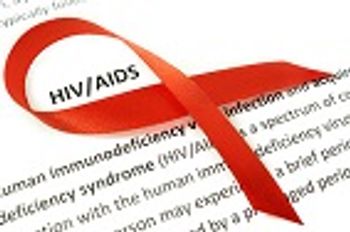
The bold promise in last week’s State of the Union address is achievable, but may mean keeping the Affordable Care Act.
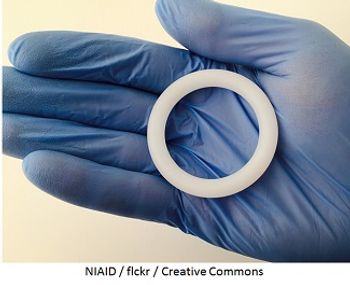
The NIH has announced that a trial evaluating the safety of and adherence to a vaginal ring containing dapivirine and oral tablets for PrEP is now underway in southern Africa.
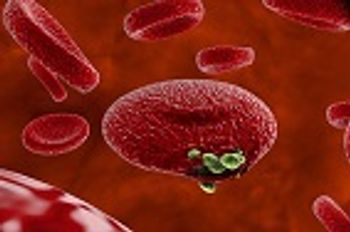
Single-dose tafenoquine shows promise for the radical cure of P vivax malaria, according to two new studies published in the New England Journal of Medicine.
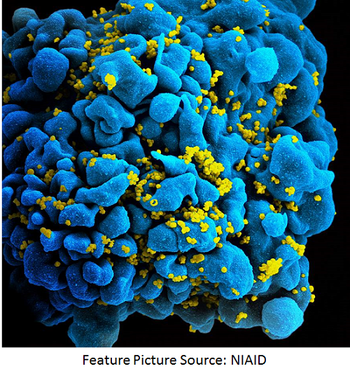
New findings show when A3A is overexpressed, latent HIV is less likely to reactivate; the opposite is also true.

Health officials announced that individuals who consumed raw milk from Miller’s Biodiversity Farm may have been exposed to a drug-resistant strain of brucellosis.

Sink drains near toilets in hospital rooms could be reservoirs of antibiotic-resistant bacteria, a new study suggests.
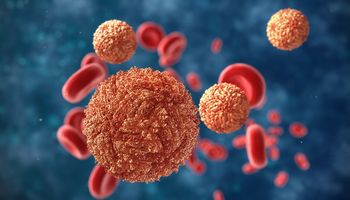
A new study reports that Zika antibodies persist for longer than initially believed, with antibodies detected in symptomatic patients 18 months after illness onset.

Studies have shown high rates of inappropriate antibiotic prescribing and opportunity for improvement when it comes to ABSSSIs.

The FDA has granted orphan drug designation to APX001 for the treatment of cryptococcosis.

We’ve rounded up a list of important US Food and Drug Administration (FDA) and US Department of Agriculture (USDA) recalls from this past week.

Stay up-to-date on the latest infectious disease news by checking out our top 5 articles of the week.
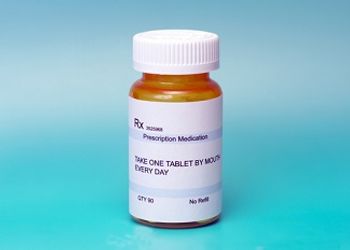
Pharmacists from across the US have authored a special feature to provide advice to clinicians looking to implement penicillin allergy skin testing (PAST) at their institution.

Lessons from the frontlines of post-hurricane public health response

The US Food and Drug Administration has granted Breakthrough Therapy Designation to investigational drug CP101 for the treatment of patients with recurrent C diff infection.

Targeted marketing of PrEP has unintended consequences that could be avoided with improved messaging, a commentary in The Lancent says.
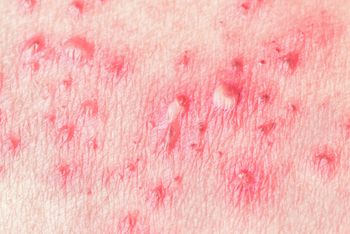
In a report detailing the hospitalization of a college student with complications from a herpes zoster infection, investigators say a corticosteroid prescription likely impaired the patient’s antiviral immune response.
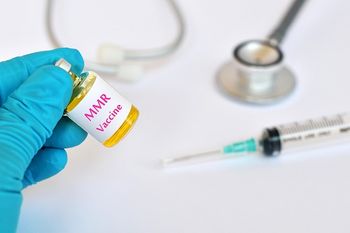
Although the majority of states grant vaccine exemptions for medical reasons and religious beliefs, 17 states allow exemption for personal or moral beliefs, increasing the likelihood of outbreaks of preventable diseases like measles.
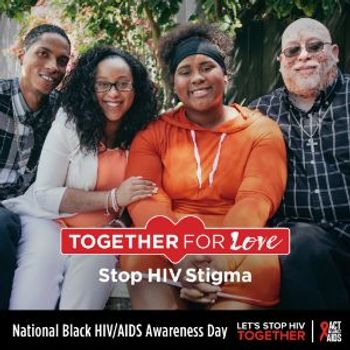
National Black HIV/AIDS Awareness Day is all about fighting the HIV stigma and encouraging education, testing, and prevention.

South Korean investigators have identified a correlation between infection with high-risk strains of HPV and increased risk of CVD, especially among women with obesity or other cardiovascular risk factors.